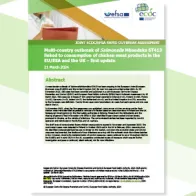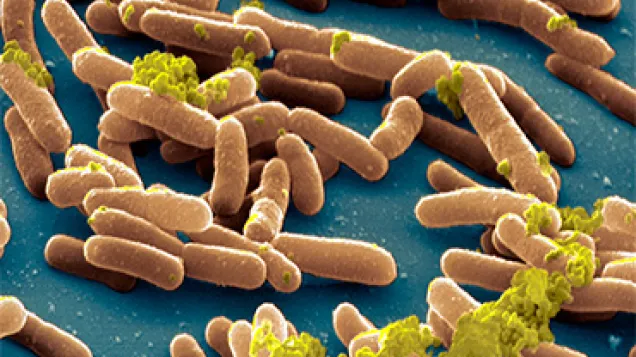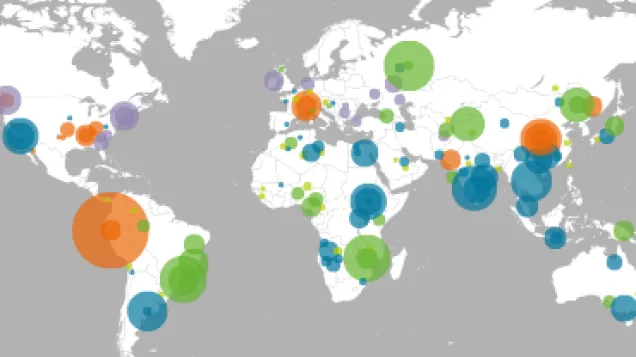300 Cases of Salmonella Mbandaka reported in EU/EEA since September 2021
In November 2022, when the first Rapid Outbreak Assessment was published, ready-to-eat chicken products and/or fresh chicken meat were pointed out as likely vehicles of infections based on case interviews in Finland and the UK. Subsequent investigations by the food safety authorities in Estonia, Finland and the Netherlands, and the sharing of genomic food information with EFSA in 2024, identified contamination with the outbreak strain in frozen steam-cooked chicken breast fillet produced in Ukraine. The contaminated batches had been imported by non-EU operators and distributed in the EU/EEA and UK markets.
The shelf lives of contaminated frozen chicken meat expired in November and December 2023. The most recent cases were detected in Finland in October 2023 and in the UK in February 2024. Assuming that the identified contaminated batches are no longer on the market, and given the expiration dates and the control measures implemented, the likelihood of new infections occurring with the outbreak strain from these batches is low. However, despite the implementation of control measures, cases continued to occur throughout 2023 in the EU/EEA and in early 2024 in the UK, suggesting undetected routes of exposure, which require further investigation and pose a continued, albeit reduced, risk for new infections.




